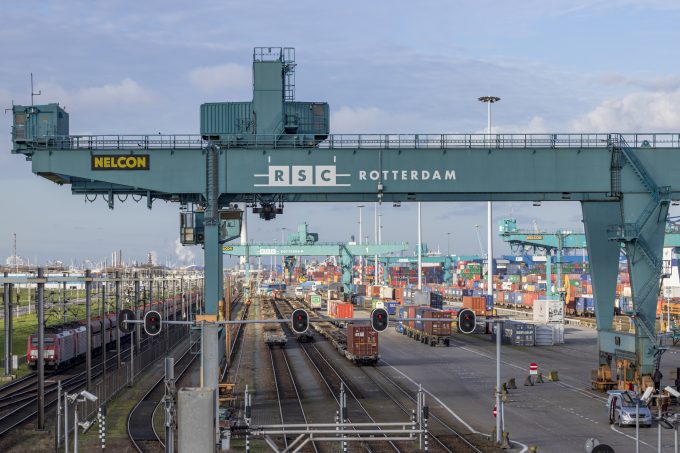Gemini Cooperation carriers steam ahead of rivals in reliability stakes
Ocean carriers “need a big nudge” to get their global on-time performance (OTP) back to ...

Barge delays have returned just days after European intermodal services reported a return to normality.
Congestion in China is again taking its toll on the inland market.
Operator Contargo warned shippers last week that, from Thursday until yesterday, the EMX Terminal in Rotterdam wouldn’t accept any empty containers.
“Also in Rotterdam, APM Terminals’ Maasvlakte II will not take DG containers until further notice. This affects all modes. We hope for your understanding of any delays that may occur because of this situation.”
Although APM ...
Keep our news independent, by supporting The Loadstar
Volume surge and an early peak season? 'Don't celebrate too soon,' warning
Container spot rates diverge: to Europe still falling, but firmer to the US
Ecommerce likely the front-runner in resurge of transpacific trade after deal
Hapag-Lloyd won't take bookings if port congestion leaves cargo stranded
China-US trade tariff pause could drive a rebound for transpacific rates
Shippers should check out the 'small print' in China-US tariff cuts
Service chaos from trade ban with India a problem for Pakistan shippers


Comment on this article